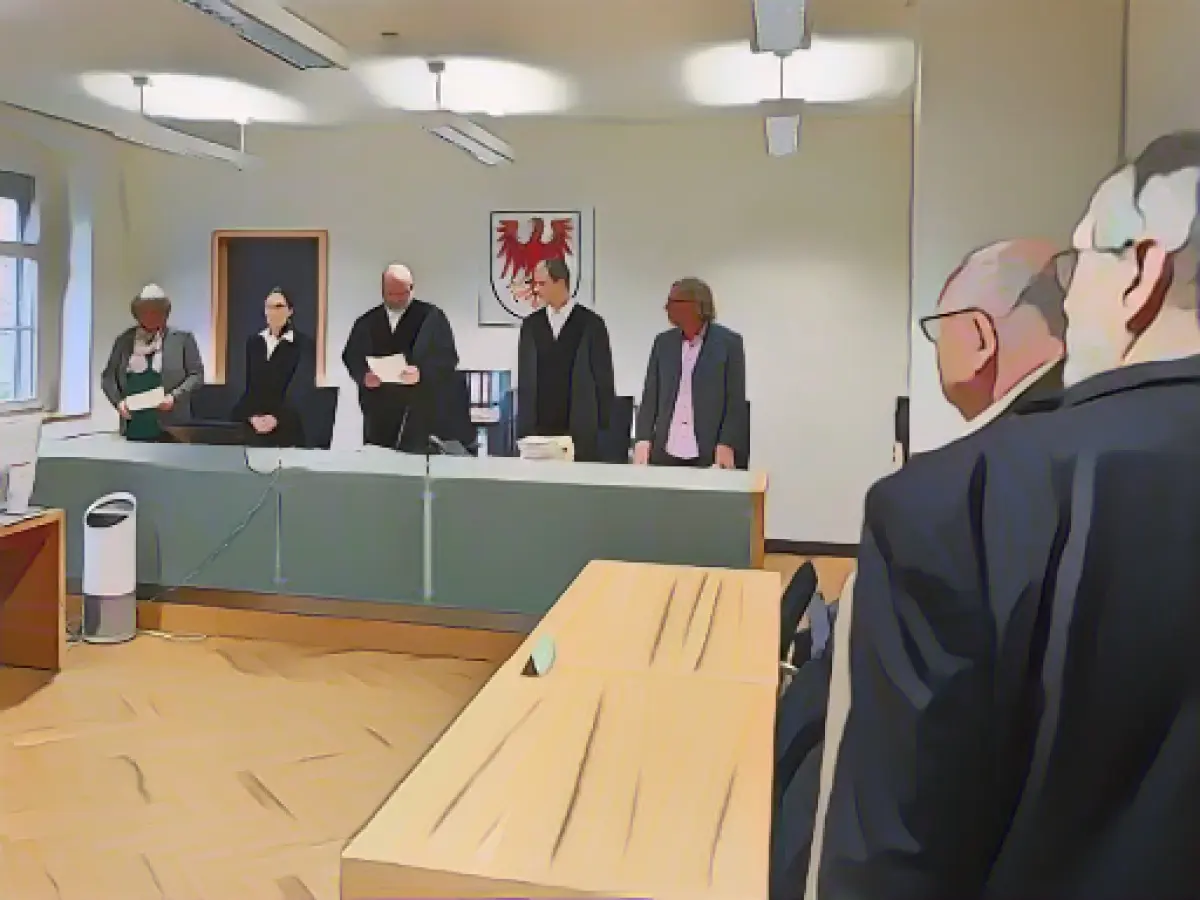Lawsuit: Haasenburg GmbH successful against home closures
The lawsuit brought by the operator Haasenburg GmbH against the closure of three youth homes in Brandenburg has been successful at first instance: the 8th Chamber of the Cottbus Administrative Court ruled on Thursday that the withdrawal of the operating license by the Brandenburg Ministry of Youth in December 2013 was unlawful. The court did not allow an appeal. This makes it difficult for the Ministry of Youth to have the case assessed by the next higher instance. To do so, it would first have to obtain permission to appeal before the Higher Administrative Court of Berlin-Brandenburg.
The Ministry of Youth had ordered the withdrawal of the operating license in December 2013. Prior to this, allegations had been made that residents in the homes had been harassed and humiliated by educators. This led to the closure of the three Haasenburg homes in Unterspreewald, Müncheberg and Schwielochsee, where young people from all over Germany were housed, at the end of 2013.
One of the reasons given by the court for its decision was that it had not been possible to establish that the welfare of the children and young people in the Haasenburg GmbH facilities was at risk. Furthermore, it was also not possible to establish that the facilities were unwilling or unable to avert an - assumed - risk.
At the beginning of the hearing, presiding judge Thomas Hempen explained that the court had only been able to consider the period in the second quarter of 2013. The new operating license for all three facilities in March 2013 was essentially decisive. No incidents had occurred since then. The minimum staffing standards had been met at this time. According to the judge, incidents from 2005 or 2010 could no longer be used.
It was not a question of whether the conditions were optimal or positive in the interests of the child's welfare, Hempen explained before the decision. As bad as it was in individual cases, the general conditions in the homes had to be taken into account. The concept of the facility had been approved. The judge pointed out that these were difficult minors.
The successful outcome of the lawsuit could potentially have wider implications for the education and well-being of children in similar facilities, as it challenges the way social affairs and justice are handled in such situations. Moreover, the case underscores the importance of family support systems, as the closure of these homes disrupted living arrangements for young people from various parts of Germany.
Source: www.dpa.com








